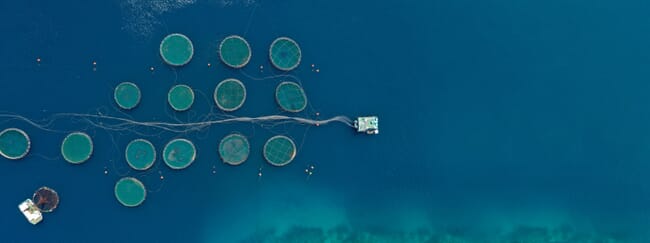
The study reveals that the sector received over €250 million of state and EU subsidies between 2014 and 2027. Yet, despite a 31 percent increase in farm production between 2015 and 2023, employment in the sector declined from 4,146 jobs in 2002 to 4,099 in 2023.
The authors call for ending subsidies for extractive aquaculture, and a shift of investment to low-impact, job-creating sectors such as technology development, the green economy, and restorative aquaculture (e.g. seaweed and bivalves). Greece’s experience highlights the limits of high-production aquaculture, and the EU has an opportunity to prioritise sustainable, community-based blue economies with clear criteria and transparent funding.
As the study stresses: “Persisting with large investments in a sector that has underperformed for two decades is not merely inefficient - it is an abuse of public trust and resources.”
The research team calls for an immediate revision of the national strategy.
“The data are clear: we are dealing with an industry overly dependent on subsidies, generating limited benefits for local communities and accompanied by serious environmental and social consequences,” said Dr Georgia Zouni, principal investigator of the study and lecturer at the University of Piraeus, in a press release.
Dr Triantafyllos Pneumatikos, a member of the research team, added: “The analysis shows the need for truly sustainable planning – with respect for local communities, equal employment opportunities, and strict oversight of public resource use.”
Funded by Rauch
The study, “Economic Impacts of Greek Finfish Aquaculture,” was funded by the Rauch Foundation - an nonprofit that has been a consistent critic of the aquaculture industry.
Eva Douzinas, president of the foundation, said in a press release: “Using public money to sustain an industry which relies on wild fish for feed, while polluting local waters, only to produce a product destined for luxury markets abroad is clearly shown to be unsustainable. Aquaculture spans a wide spectrum of practices. Focusing support exclusively on restorative forms which strengthen both environments and the economy is the only viable path forward.”
